Operational BI vs Strategic BI
Operational Business Intelligence
Operational business intelligence is often associated with reporting from a transactional or operational data source, and typically is consistent with reporting of data within or during an organizational business process. Further, operational business intelligence can be defined as analytics that is tightly connected or embedded within common business processes with the twin goals of supporting operational decision making and monitoring organizational operations.
In general, operational business intelligence provides time-sensitive, relevant information to operations managers, business professionals, and front-line, customer-facing employees to support daily work processes. Additionally if the data retrieved from the analysis directly supports or helps complete an operational tasks, then the intelligence is operational in nature.
- Tangible results of operational business intelligence can include:
- • Invoices
- • Meeting Schedules and Badges
- • Receipts
- • Shipping Documents
- • Financial Statements
- • Marketing Mailing Lists
Strategic Business Intelligence
Strategic business intelligence is often associated with reporting from an analytical data source, data mart, or data warehouse. Fundamentally, strategic business intelligence improves a business process by analyzing a predetermined set of metrics relevant to that process and provides historical context of data. In addition, strategic intelligence provides the basis for forecasting, goal-setting, and strategic planning and direction.
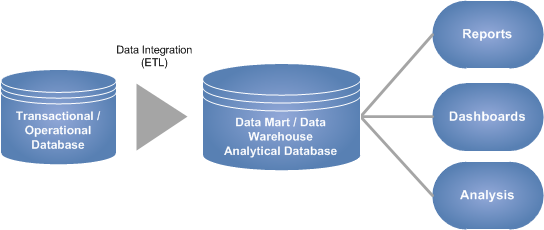 The focus of strategic business intelligence is on (1) collection, organization and storage of huge amounts of data, (2) optimization of that data for rapid reporting and analysis, (3) and identification of key business drivers through the analysis of historical facts, (4) assistance with answering key business questions.
The focus of strategic business intelligence is on (1) collection, organization and storage of huge amounts of data, (2) optimization of that data for rapid reporting and analysis, (3) and identification of key business drivers through the analysis of historical facts, (4) assistance with answering key business questions.
- Questions answered by strategic business intelligence can include:
- • Who are the most valuable customers?
- • Which customers are most likely to buy additional products / services?
- • Which products can be bundled together?
- • Which territories or regions have the highest project growth?
- • What is the optimal price of our products?
- • What is the total cost associated with customer acquisition?

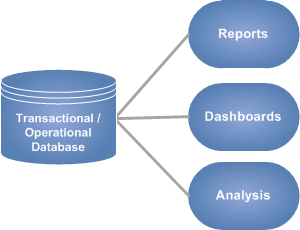

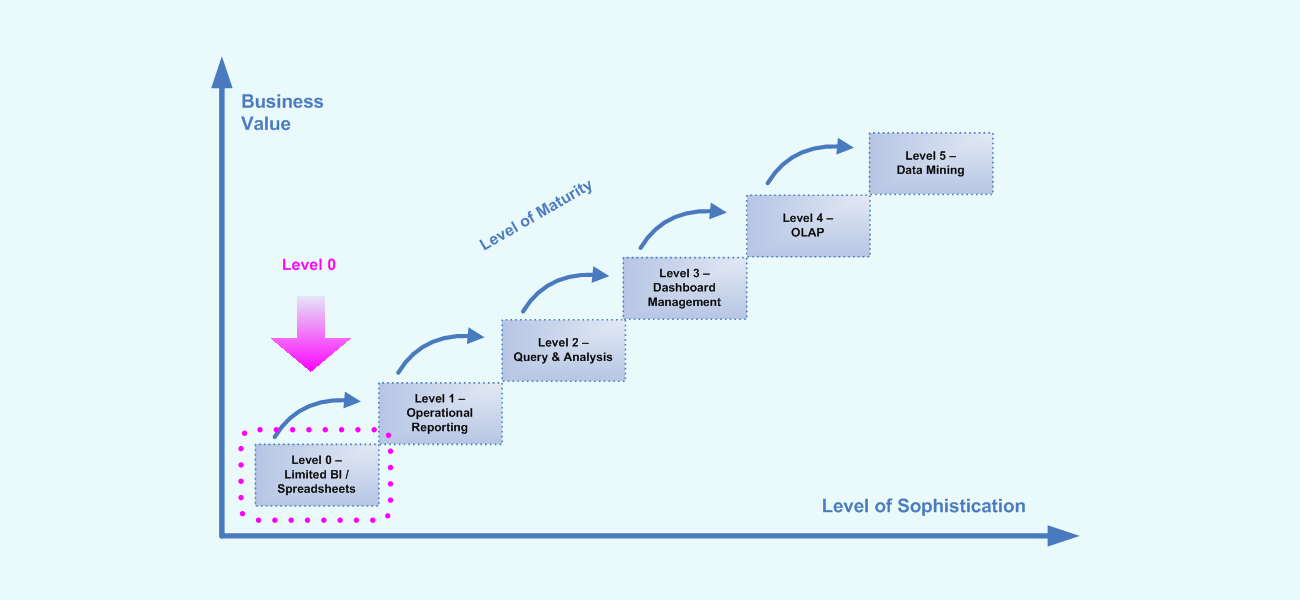
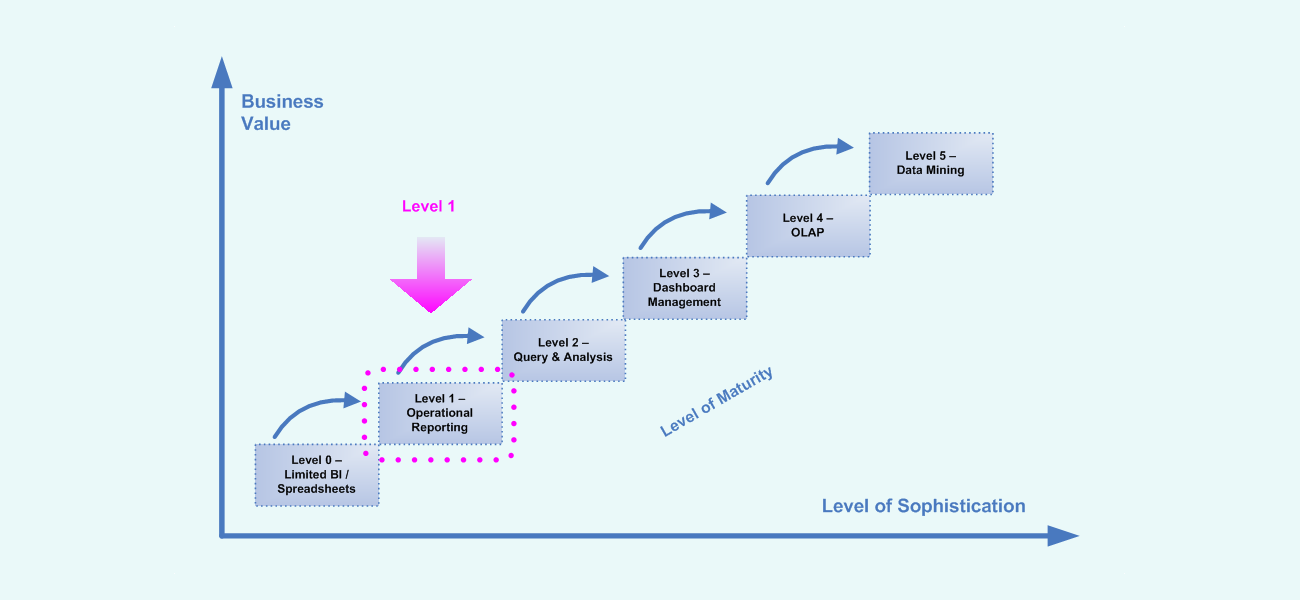
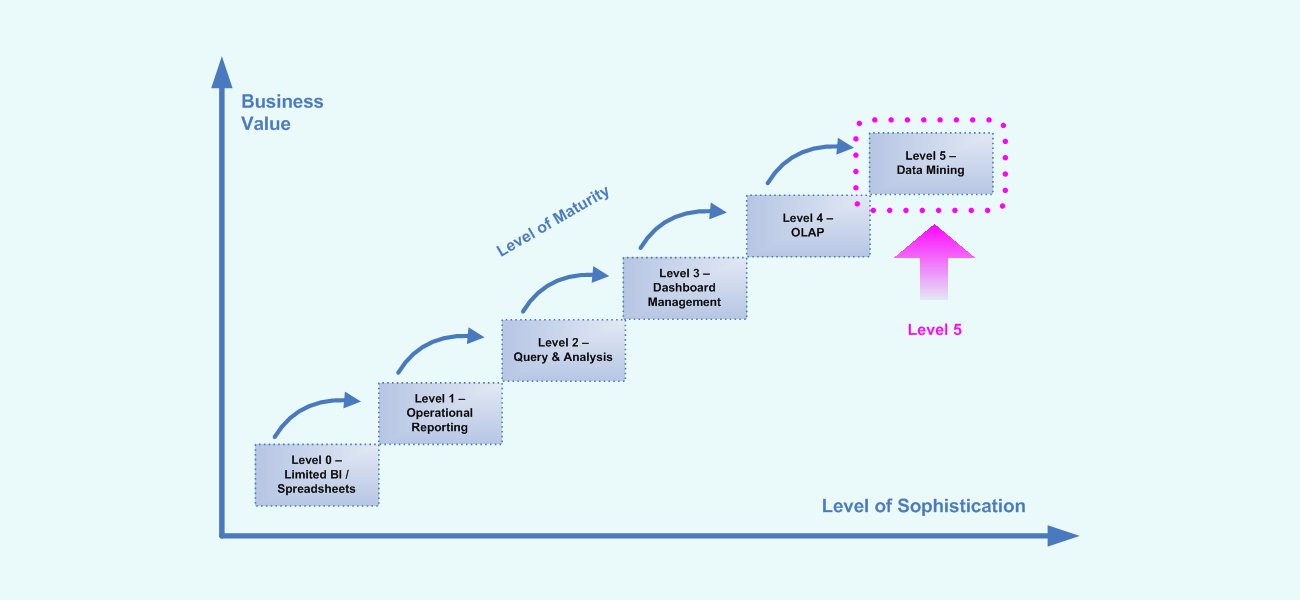
I would think the number of members that joined, dropped, transferred daily would be more operational.
Alternatively to determine if an entire membership campaign was effective would be more strategic. Would you agree?
I think that both metrics are strategic in nature (i.e. number of members joining and an evaluation of marketing campaign) as both metrics help answer key business questions and can include a historical context. In addition, they both help determine strategic actions and have broad impact across an organization.
Rather operational metrics are used for more tactical purposes and help enable the execution of an individual business process. The decisions that come as a result of an operational metrics are tactical in nature and are limited to either a single or limited number of business process.
We will definitely discuss this topic more.